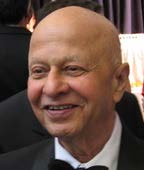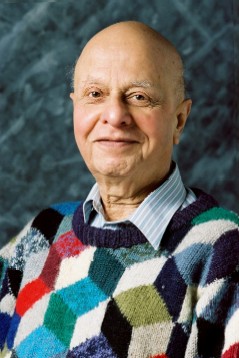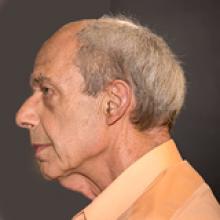 Stanley Insler died unexpectedly last night in Yale-New Haven hospital. He was Professor Emeritus of Linguistics at Yale University, the Edward E. Salisbury Professor of Sanskrit and Comparative Philology in the Department of Classics.
Stanley Insler died unexpectedly last night in Yale-New Haven hospital. He was Professor Emeritus of Linguistics at Yale University, the Edward E. Salisbury Professor of Sanskrit and Comparative Philology in the Department of Classics.
Stanley was a scholar of ancient Indo-Iranian languages and texts. His research focused on Sanskrit, Vedic, Avestan, Zarathustra and the history of Zoroastrianism, metrical texts of the Pali Buddhist Canon, Indian narrative literature, Silk Road Studies, and the Gāthās of Zarathustra. Courses he taught included “Old Iranian: Avestan” and “Vedic Poetry”. Among his many publications are The Gāthās of Zarathustra, Acta Iranica 8 (Tehéran-Lìege: Bibliothèque Pahlavi; Leiden: diffusion E. J. Brill, [1974] 1975); "The Love of Truth in Ancient Iran," Parsiana (September, 1989), 18-20; chapters on “Human Behavior and Good Thinking” and “Zarathustra’s Vision” in An Introduction to the Gathas of Zarathustra, ed. Dina G. McIntyre (Pittsburgh, 1989-90); "The Prakrit Ablative in -ahi." Annals of the Bhandarkar Oriental Research Institute, 72-73 (1991-92), 15-21; and "Rhythmic Effects in Pali Morphology," Die Sprache, 36 (1994), 70-93.
Read the rest of this entry »
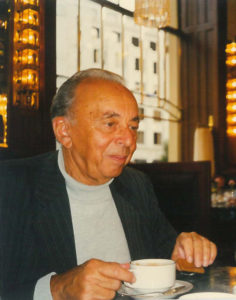
 Stanley Insler died unexpectedly last night in Yale-New Haven hospital. He was Professor Emeritus of Linguistics at Yale University, the Edward E. Salisbury Professor of Sanskrit and Comparative Philology in the Department of Classics.
Stanley Insler died unexpectedly last night in Yale-New Haven hospital. He was Professor Emeritus of Linguistics at Yale University, the Edward E. Salisbury Professor of Sanskrit and Comparative Philology in the Department of Classics.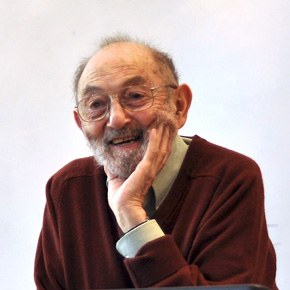
 Richard T. Oehrle died on Wednesday. He was one of my oldest friends — I met him in 1965, when I was a first-year undergraduate and neither of us had any idea that we would end up in related fields. (Dick's undergraduate and master's degrees were in English and Comparative Literature, before he started grad school in Linguistics at MIT in 1970.) His many contributions to linguistics can be glimpsed in
Richard T. Oehrle died on Wednesday. He was one of my oldest friends — I met him in 1965, when I was a first-year undergraduate and neither of us had any idea that we would end up in related fields. (Dick's undergraduate and master's degrees were in English and Comparative Literature, before he started grad school in Linguistics at MIT in 1970.) His many contributions to linguistics can be glimpsed in 